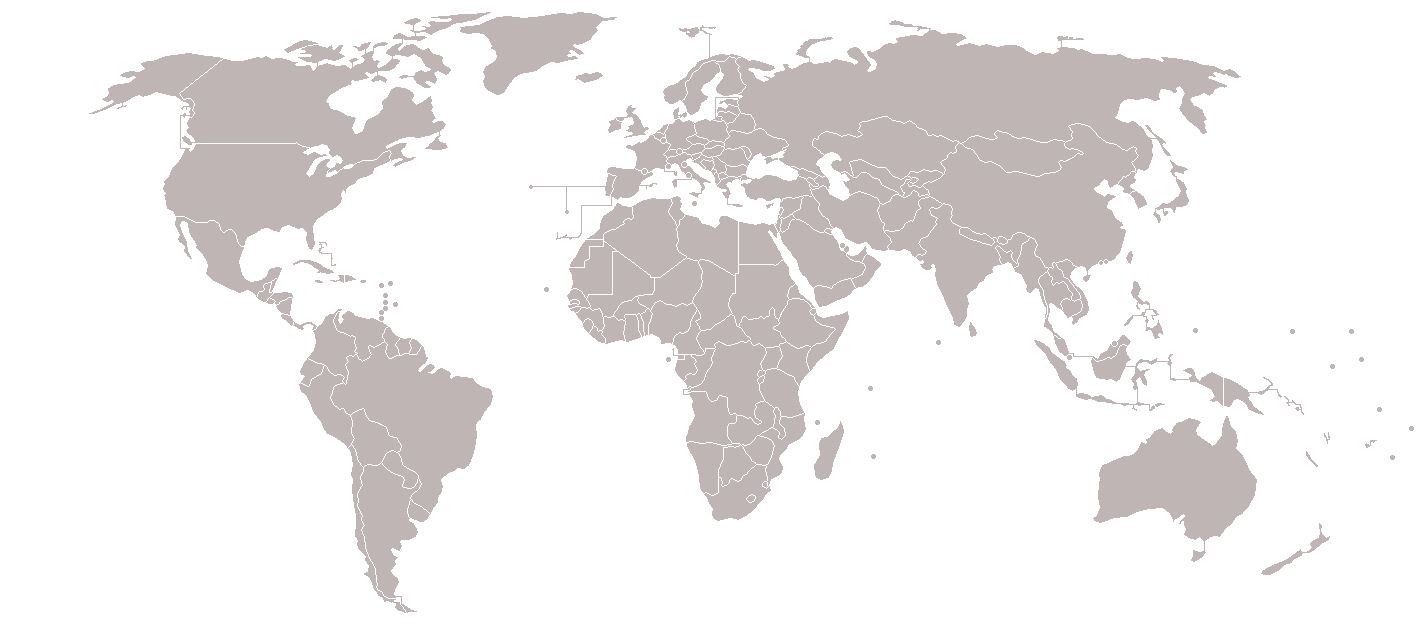Table of Contents
If you have a growing business, you may have expanded it to other countries. This can be a great way to break into new markets and spread your brand. However, this strategy also comes with its set of drawbacks.
Any business owner that plans to turn their business into a multinational one should understand the pros and cons of doing so. This guide summarises the main pros and cons of operating a company in multiple countries.
Pros of Operating a Company in Multiple Countries
Some of the pros of operating a company in multiple countries include:
Getting Access to the Customer Base in Multiple Countries
Every product or service caters to a certain customer base. For example, a business that sells dog food caters to both male and female pet owners of all ages.
The customer base for such products can be quite small in certain countries. For example, only 14% of households in Greece own dogs. By contrast, 45% of households in Romania own dogs. This means a dog food business operating in Greece could get access to a much larger customer page by starting operations in Romania.
For this reason, many businesses set up shop in multiple countries and take advantage of the customer bases there.
Popularising Your Brand Name
Every business needs to get its brand name out there to find success. Your current business’s marketing department may have spent several months running promotion campaigns to popularise your brand. However, there is a limit to how much success your brand will find if the current market is full of competitors that have a head start.
If your brand isn’t catching on in your home country, you may have better luck in a different country where the market is less saturated. If you manage to run an excellent marketing campaign in another country, your brand may end up becoming the go-to brand that customers choose.
Over time, you can build a name in this other country. Your brand’s positive reputation may then spillover to your brand’s reputation in your home country and boost sales.
This positive reputation is important because it ties into how reliable people perceive your products and services to be. Over time, your brand name may grow large enough that new customers in various countries purchase your products and services without considering your competitors’.
Finding Skilled Workers
Any business that wishes to succeed must hire qualified workers who can perform their designated role well. However, such workers may need more supply in a particular country.
The labour pool in one country can be very different from the labour pool in another country. This is due to various factors such as wealth, access to educational institutions, and training/certification opportunities.
For example, let’s say you operate a business that creates circuit boards. Your business relies on the contributions of your team of electrical engineers and plans to diversify the amount of circuit boards you produce each year. However, you might have trouble finding new and qualified electrical engineers who can do this.
In this situation, you can expand your operations to a different country where the labour pool contains an ample supply of electrical engineers. For example, Germany is known to have many electrical engineers thanks to its abundance of engineering programs and government-subsidiseds education.
Spreading the Risk
Every economy goes through boom and bust cycles. Businesses flourish during the “boom” periods and struggle to maintain their operations during the “bust” periods. In some cases, a business may even permanently shut down when its sales have fallen.
It can be difficult to work around such issues as your business is working against forces it cannot control. However, it is possible to spread out your losses by operating your business in multiple countries.
For example, let’s say you operate a business that sells luxury handbags. If your country enters a downturn period, the average citizen’s disposable income may decrease. As a result, your target audience may no longer be able to afford your luxury handbags and sales plummet.
Your luxury handbags have a high production cost, so you cannot lower your prices without incurring a loss. In this situation, you might not have any option other than to shut down your business.
If you operate your business in multiple countries, you would be able to continue making sales in the countries where the economy is still functioning well. Thereby, spreading the risk of running a business selling luxury hangbangs.
For this reason, you should operate your business in multiple countries to avoid putting all your eggs in one basket.
You might be interested in 8 advantages of setting up multiple international entities
Cons of Operating a Company in Multiple Countries
Operating a company in multiple countries does come with its fair share of drawbacks. This includes:
Difficulty Maintaining Control
Running your business in multiple companies may allow you to spread your risk, but it creates many problems you wouldn’t encounter if you operate your business in a single country. The main issue being that it is difficult to maintain control of a business in various countries.
Some people may view a multinational business as being similar to a large local business. However, the latter is easier to monitor due to its proximity and simpler management structure.
For example, a business owner can keep a close eye on a business whose operations are limited to their current country of residence. They can visit the business’s headquarters or primary office and meet with the management team as needed. They can then hire new managers if they feel the current staff aren’t achieving their goals.
This is much harder to do if the business is operating in multiple countries. The business owner may be able to communicate with managers from other countries, but they can’t keep a close tabs on operations and identify issues that spring up.
For this reason, the company’s operations in other countries may not be as efficient or consistent as the operations in the home country.
Trouble Keeping a Good Reputation
If your company’s operations are mismanaged in another country, it may lead to issues that impact your overall brand.
For example, a customer service representative may mishandle a customer complaint due to managers failing to provide adequate training. The affected customer may then highlight their poor experience on social media, leading to the entire brand image being tarnished.
Running a company in multiple countries may offer a great reward, but it also creates a greater risk for your brand. Rebuilding your brand image can take many years so you should hold off on expanding your business internationally until you are certain you can set up a management structure that runs a tight ship.
Struggling With a One Sizes Fits All Approach
Your target customer base in one country is likely to be very different from your target customer base in another country. This could be due to differences in wealth, culture, or beliefs.
For example, let’s say you operate a business that manufactures and sells candy. Your home country has a massive child population, so you find success by marketing your candy to this customer base.
You might then use your success to expand your operations to a neighbouring country and sell your products there. However, this neighbouring country has a relatively low birth rate, so the proportion of children in the population is very low. As a result, you don’t enjoy the volume of sales you enjoyed in your home country.
Some businesses may be able to work around such issues by targeting a different customer base. For example, you could attempt to manufacture and sell sugar-free candy that appeals to the neighboring country’s senior population. However, this may require you to make some drastic changes to your production facilities.
If you don’t have the capabilities to do this, your business in the neighbouring country may end up being unsuccessful and have to shut down.
This example highlights how businesses can’t rely on a “one size fits all” approach when they operate in multiple countries. Those who are able to switch up their strategy based on the market they are operating in will succeed. Those who cannot adapt to the market they are operating in will fail.
How OpenAEuropeanCompany Can Help
As you can see, there are many pros and cons associated with running a business in multiple countries. Some business owners may be reluctant to expand their business in multiple countries after learning about these cons. However, it is possible to address some of the challenges they present under the guidance of professionals that know how to conduct business in multiple countries.
At OpenAEuropeanCompany, we have helped many business owners expand their businesses to Europe and find success in multiple markets. Don’t hesitate to contact us if you want to learn how to operate a company in multiple countries.








